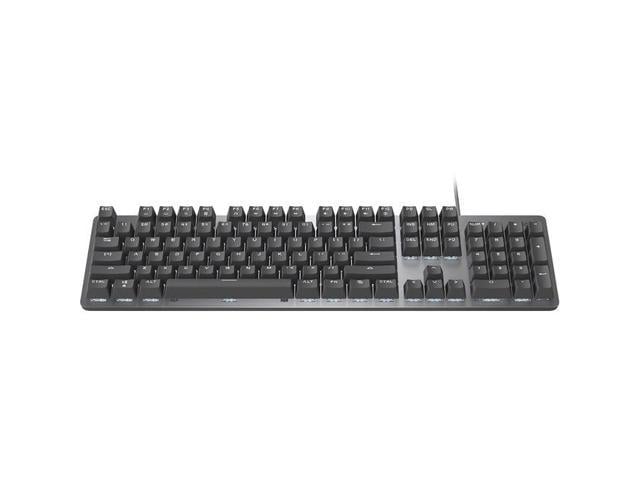Crippled in childhood, Mary Wesley, sister of John Wesley, founder of the Methodist Church, speaks of the Wesley household in first-person narrative built on the facts of her life.Mary lived in a strict Christian family, one of 19 children, 10 of whom survived. Her mother, Susanna Wesley, imposed a regiment where ““not one child after a year old was heard to cry out.”” Her father, Samuel Wesley, a minister at Epworth, could not provide for his family, and spent time in debtor’’s prison. The family taunted Mary’’s awkwardness and showed little sympathy for her affliction.At one point Mary addresses her family from the outside. ““There go the ragged Wesley’’s. Beggars themselves. They are in a house so crowded love could not grow. Only survival. As plants overcrowded in a garden bend and twist their way toward sunlight, out of necessity smothering those closest to them.““Mary Queen of Bees is a study in hardship in early 18th century England. Through the rigors of despondency in the aftermath of her wounding, the brightness of Mary’’s spirit emerges. The novel of reactivated history pokes Mary’’s voice from childhood to her death in childbirth at the age of 37, when the bees leave.““Diane Glancy tells the story of the Wesley family in a poignant fashion, using the point of view and imagined words of Molly Wesley, who often saw things in a slightly different, more realistic light than some other members of the family. The author fulfills a beautiful task in several ways–incorporating quotations from early manuscripts while telling a compelling story in a manner that reveals deep truths often hidden among the cold facts of a complex story.””–Richard P. Heitzenrater, The Divinity School, Duke UniversityDiane Glancy is professor emerita at Macalester College. Her 2014-17 books are Fort Marion Prisoners and the Trauma of Native Education, Report to the Department of the Interior, One of Us, Ironic Witness, Uprising of Goats, The Collector of Bodies: Concern for Syria and the Middle East, and QWERTYUIOPASDFGHJKLZXCVBNM: The Keyboard Letters. Among her awards: two National Endowment for the Arts Fellowships, a Minnesota Book Award, an American Book Award and Willa Award from Women Writers of the West.















